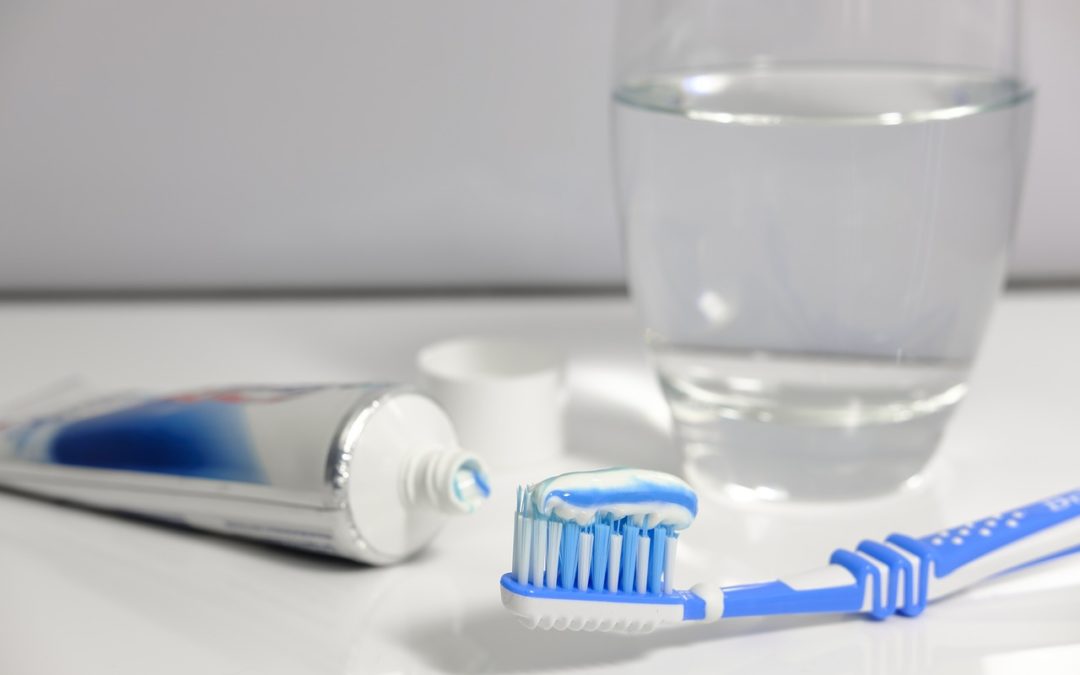By Meg Potoma, EI blogger
March 20th is not only the first day of spring, but also World Oral Health Day! Oral health is important for all populations, but those within the elder community have specific dental needs. As people age, incidences of tooth loss tend to increase. People over the age of 65 have lost an average of 13 teeth, and 26% of seniors over the age of 65 have no teeth. The American Dental Association (ADA) suggests a few habits to promote good oral health in seniors, including brushing and flossing daily. Seniors often see an increase in cavities, so this part of oral care is especially necessary.
According to Delta Dental, individuals over the age of 65 frequently see an increase in cavities due to dry mouth, which decreases the amount of saliva produced. The culprit of dry mouth is often prescribed medication. Brushing with fluoride toothpaste twice daily and drinking lots of water can offset dry mouth. The ADA also encourages older adults to drink water with fluoride in it. Luckily, the City of Philadelphia adds fluoride to the water system to prevent tooth decay. If you prefer bottled water or have a filter that removes fluoride, your dentist can prescribe extra fluoride toothpaste.
For individuals with dentures, the ADA suggests cleaning them on a daily basis. Dentures should be removed at night so that the mouth and dentures can be cleaned. This helps to prevent bacteria from forming. Another important tip is to ask your dentist how long your dentures should be left in for.
The ADA recommends visiting the dentist one a year, at the least. If you are not experiencing any dental problems, it is still vital to have a checkup. This will allow your dentist to check for things you may not be aware of, like oral cancer and gum disease. The ADA also suggests providing your dentist with the following information:
• List of medications, including vitamins, herbal remedies, and over-the-counter medications
• List of medical conditions and allergies
• Information and phone numbers of all health care providers, doctors, and your previous dentist
• Information about your emergency contacts, someone who can help make decisions on your behalf in the case of a medical emergency
• Dental insurance or Medicaid cards
• Your dentures or partials, even if you don’t wear them
Many oral health issues arise as the result of smoking. LGBT individuals are two times as likely to smoke as their cisgender heterosexual counterparts, which puts us at a higher risk for dental issues. Smoking and the use of tobacco products can cause stained teeth and tongue, dulled sense of taste and smell, slow healing after a tooth extraction or other surgery, difficulties in correcting cosmetic dental problems, gum disease, and oral cancer. For help quitting, visit http://www.sepatobaccofree.org/lgbt.
Want to learn more about taking care of your oral health? Check out these helpful resources:
Over 60 and in Need of Dental Care?
The Drinking Water in Philadelphia

